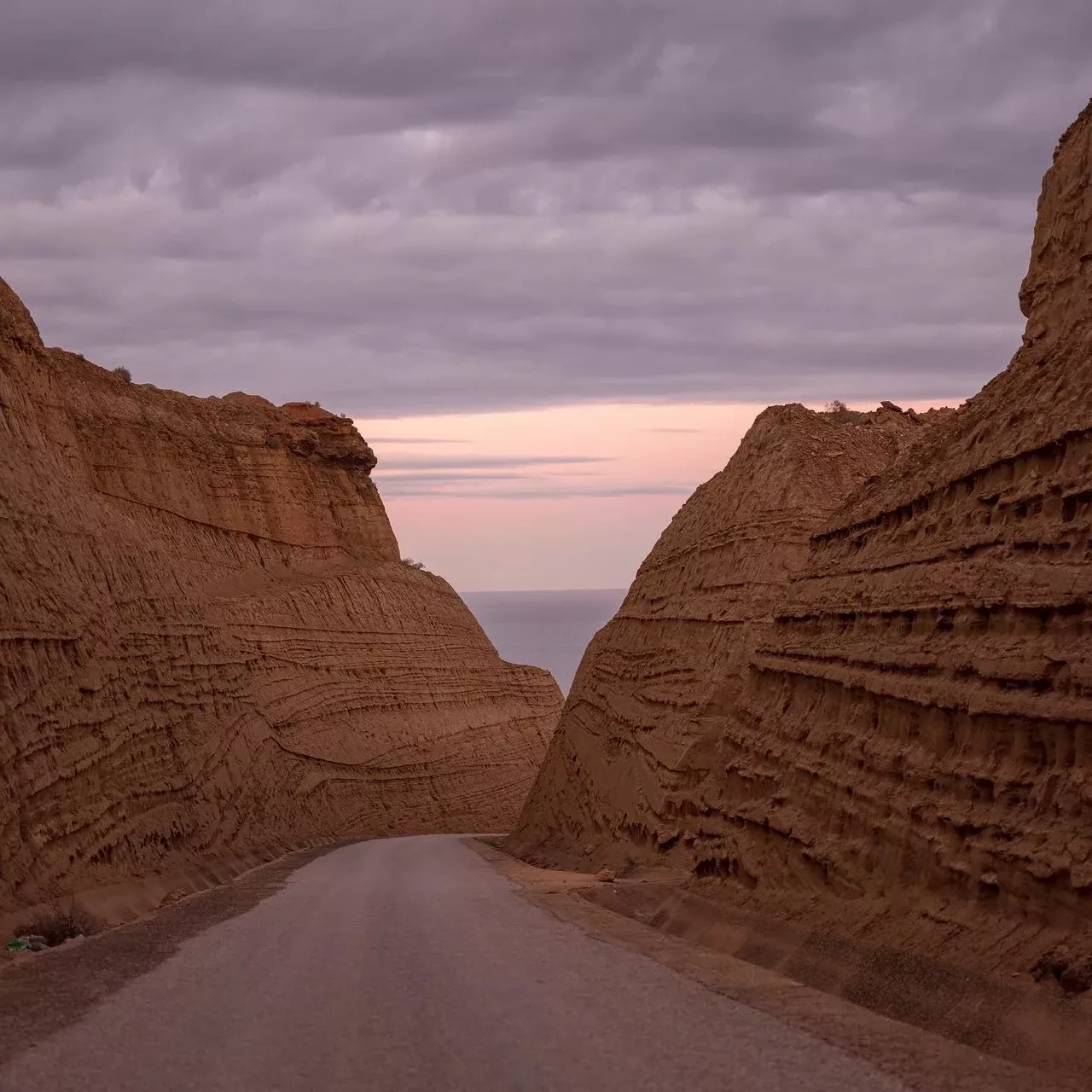They will gain international exposure with a publication in Foam Magazine’s Talent Issue, debut with a group exhibition at Foam that will travel further in 2025 and have the chance to present their work on Foam’s digital platform. Additionally, the Talents get the opportunity for their work to be added to the prestigious Art Collection Deutsche Börse of the Deutsche Börse Photography Foundation.
This year’s Talent Call features a remarkably diverse pool of talents from 106 countries. The 2,480 submissions, which include 4,960 projects and 47,054 images, showcase a broad spectrum of artistic focus and creative ingenuity.
As seen in previous years the talent submissions were very much a reflection of the times we live in, covering a broad spectrum of current themes relating to all aspects of society. The topics of interest range from migration to the danger of internet algorithms, and from questioning gender roles to colonialism.
New practices include the use of digital platforms and algorithms, expanding the artists' scope and reach. This digital democratisation allows them to engage with a broader audience and offers a global stage for their genuine artistic voices. The presence of new technologies was very noticeable, with artificial intelligence being the number one newcomer of the year. The jury, consisting of the curatorial team of Foam, believes this edition of Foam Talent really is a celebration of those who dare to experiment.
Aaryan Sinha about the work 'This Isn't Divide and Conquer'
"1947, the year they left, and the year we separated. Almost a hundred years before that, they introduced photography to us. It was the ideal instrument to catalogue their journeys.
The map I grew up with is different from yours. The map of India that Indians grow up with is different from the one Pakistanis grow up with. The map is different from what the United Nations sees India to be. It is also different from the one my grandfather grew up with."
MAryam Touzani about the work 'Maktub'
"The starting point of this project stems from the frustration of the feelings of (dis)placement. There is an Arabic word الغربة (pronounced Al-Ghorba) that can be translated as being 'away from home.' Moroccan immigrants often use it to express their feeling of estrangement mixed with nostalgia. I grew up listening to stories of departures and people leaving home searching for a better future. Moroccans in Europe bear a double burden. They have suffered racism, bigotry, and Islamophobia since childhood. And still: we try to juggle between finding a place of belonging in our birth countries without discarding our heritage."
